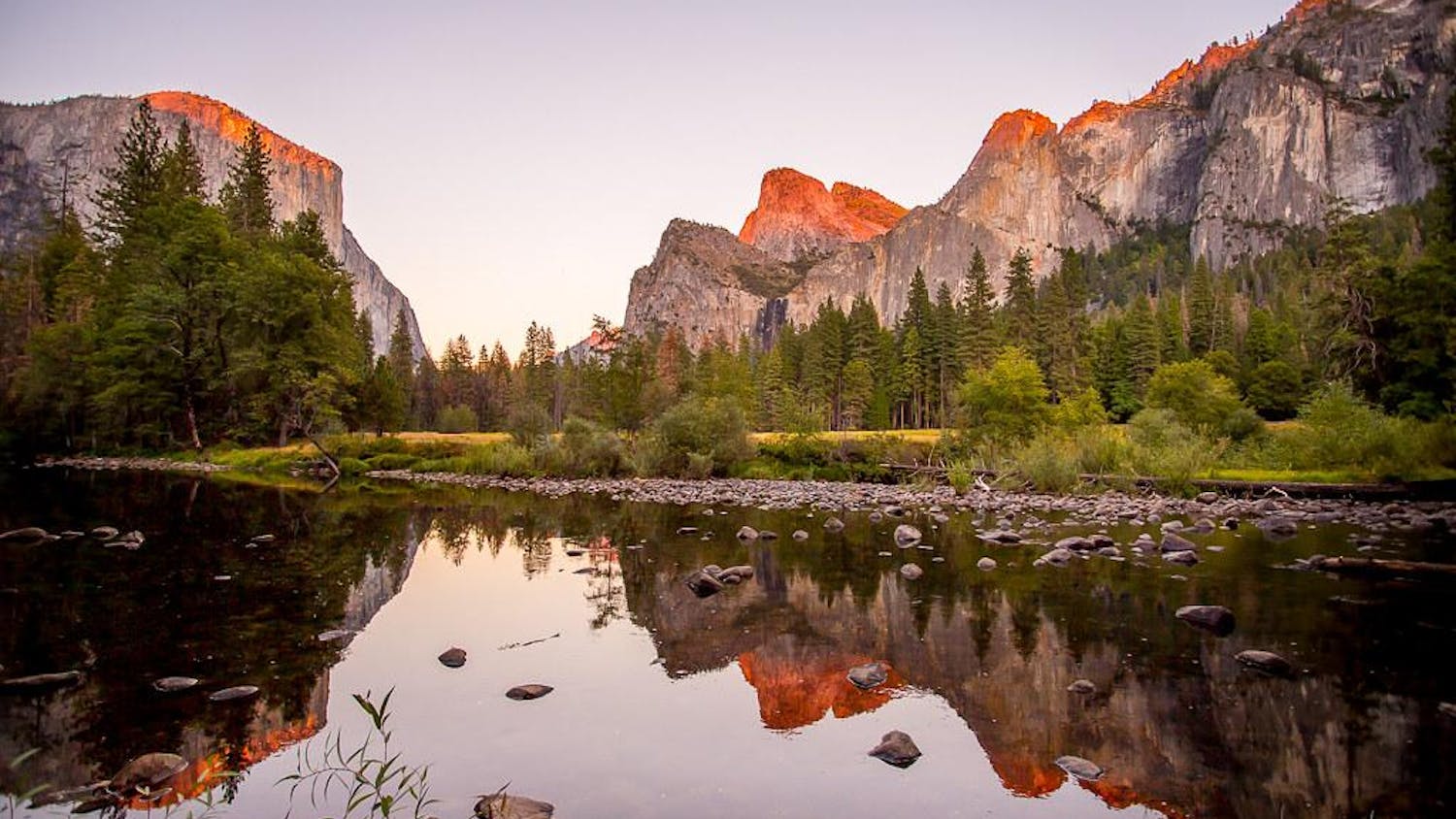I am an Indian national, I traveled to Pakistan to research a water-sensitive topic.
The summer of 2018 brought me an invaluable opportunity: the privilege to visit the Pakistani cities of Islamabad, Rawalpindi and Lahore. Growing up in Lucknow, India, I was raised on the stories of an undivided India. These memories were preserved in the food, language, culture and ethos of my Indian city, and in Pakistan as well.
My journey to Pakistan started with my undergraduate education at Tufts, where I had the fortune of meeting my closest friend and research partner, Uzair Sattar. For our freshman summer, we wanted to look at transboundary water distribution in the Indus Basin, and in our naiveté, we choose Pakistan as our research destination.
Little did I know that the ensuing visa process would take months, and Uzair and I would more than once break down on our dream to conduct this project. Inshallah, my visa did arrive for the three cities aforementioned. On landing in Islamabad, I could not help but wonder how worth it the tedious visa process had been.
In my time there, I met the Inter-Services Intelligence (ISI) — the Pakistani equivalent of the CIA — in all three cities that I visited. I met military officials, local police, professors, think tanks, international lawyers, politicians and journalists. In all of them I saw the remnants of the Lucknavi adaab, or hospitality. In a rather unique set of circumstances, an ISI official wrote me a list of places to visit in Islamabad and the police departments expedited my visa papers because I am an Indian national.
In meeting Uzair’s relatives, I found a family in a different country which spoke the same language, ate the same food and watched the same cricket, albeit the opposing side. I was gifted Peshawari chappals, for my visa did not extend to Peshawar, and was greeted with humongous helpings of kebabs, parathas, biryanis and goshts — comparable only to those which I have found with my mom and dad on home turf.
I became one of the very few Indians to see the Wagah border from both the Indian and the Pakistani sides, to visit the tomb of Jahangir after seeing the tombstones of the other Mughal emperors in Delhi and Agra, to visit the Minar-e-Pakistan and see Pakistani military headquarters.
I was able to get a haircut in Islamabad with Uzair’s preferred barber, who upon meeting me could not help but reminisce about the countless times he went into Punjab to sell goods before the boundaries were impossible to cross. When I went to buy gifts for my family, the shop owners could not resist selling me their shawls, kurtas and shalwar-kameez because they thought that those items were unique to Pakistan. In fact, they were not, and while manufactured in Pakistan, the similarity of goods, services and attitudes across the border stood out to me.
As I would later recall to my mother, the food, clothing and customs were more similar between Pakistan and North India than my experiences with the south, east and west of my own country.
While my research was attempting to enquire whether India was responsible for the water scarcity in Pakistan, my conclusion not only cleared India’s name from Pakistan’s water problems but also argued that India had no present capability of affecting Pakistani water supply, and the political rhetoric on both sides is completely misguided.
This conclusion sets on record that above politics, religion or historical differences, the entire subcontinent is tied together by a string of common values and customs. No boundary devised by anyone, let alone a British cartographer, can divide the oneness of people across both our countries. It is perhaps my connection to Uzair which has so uniquely transformed my relationship with Pakistan, and while many of us Indians do not have a chance to meet another Pakistani national, we perhaps need to be more critical and cognizant of our biases when we hear about our “little brother.”
More from The Tufts Daily
It’s time to get serious about trees
By
Kunal Botla
| September 19
Fund our national parks
By
Keshav Srikant
| September 17
A Harris win won’t shatter the glass ceiling
By
Gretta Goorno
| September 9





